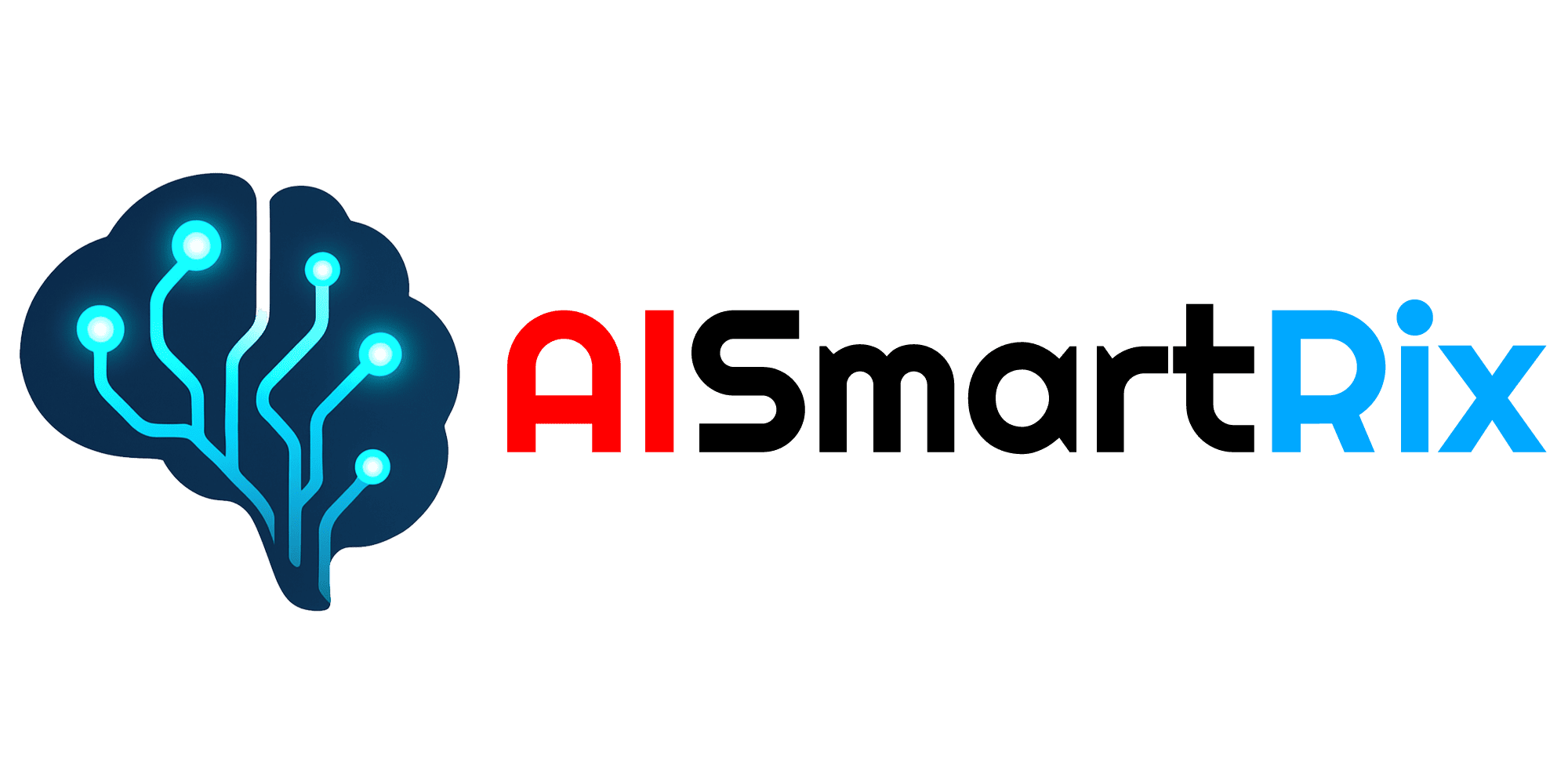In recent years, Artificial Intelligence has made significant strides in reshaping industries across the globe. One of the most revolutionary breakthroughs in the field of software development is GitHub Copilot—an AI-powered code assistant that is transforming the way developers write, review, and maintain code. As we step into 2025, GitHub Copilot continues to redefine the software development lifecycle, boosting productivity, enhancing code quality, and democratizing programming like never before.
In this comprehensive guide, we explore how GitHub Copilot is changing the way we code, its features, benefits, limitations, and its profound impact on the future of software engineering.
The Rise of AI in Software Development
Software development has traditionally been a manual, time-intensive process requiring extensive knowledge of syntax, frameworks, and best practices. However, with the integration of AI-powered tools like GitHub Copilot, coding has become more intuitive, accessible, and efficient. AI bridges the gap between human creativity and machine precision, allowing developers to focus more on logic and problem-solving while AI handles repetitive and boilerplate code.
What is GitHub Copilot?
GitHub Copilot is an AI-based coding assistant developed by GitHub in collaboration with OpenAI. Powered by advanced machine learning models, Copilot understands natural language inputs and generates code snippets, functions, and entire code blocks in real time. Its deep learning model has been trained on billions of lines of code from public repositories, giving it a vast understanding of multiple programming languages and coding styles.
Key Features:
- Real-time code suggestions while typing
- Autocompletion of entire functions or algorithms
- Natural language-to-code generation
- Multi-language support (Python, JavaScript, TypeScript, Go, Java, Ruby, and more)
- Context-aware recommendations based on the developer’s coding pattern
How GitHub Copilot Works
GitHub Copilot operates by analyzing the developer’s current code, comments, and instructions to predict and suggest the next line of code. When a developer begins typing or writes a comment describing what they want to achieve, Copilot offers multiple code suggestions that can be accepted, modified, or ignored. Its predictive capabilities enable developers to write code faster, reduce errors, and explore alternative solutions.
How Developers Interact with Copilot:
- Comment-Based Coding: Developers write a comment describing the functionality, and Copilot generates the corresponding code.
- Code Continuation: As the developer writes code, Copilot suggests how to complete functions or loops.
- Instant Code Snippets: Frequently used algorithms and functions are suggested instantly.
- Error Reduction: Offers alternative implementations that may avoid common coding mistakes.
The Benefits of Using GitHub Copilot
1. Boosting Developer Productivity
One of the most significant advantages of GitHub Copilot is the dramatic increase in productivity. Developers spend less time writing boilerplate code and more time focusing on complex logic and application architecture.
- Faster Prototyping: Instantly generate working code snippets for prototypes.
- Reduced Repetitive Coding: Automates routine tasks such as data parsing, API calls, and form validations.
- Time Savings: Developers complete tasks in a fraction of the usual time.
2. Enhancing Code Quality
By suggesting optimized code patterns and best practices, GitHub Copilot helps maintain high coding standards:
- Cleaner Code: Suggests more efficient solutions.
- Consistent Coding Style: Follows language-specific best practices.
- Error Prevention: Reduces syntax errors and common logical mistakes.
3. Democratizing Software Development
GitHub Copilot lowers the barrier to entry for novice developers by providing real-time guidance and code examples:
- Learning Aid: Serves as an interactive tutor for beginners.
- Language Support: Helps developers explore new programming languages easily.
- On-the-Job Training: Junior developers learn best practices as they code.
4. Supporting Multilingual Coding
With support for multiple programming languages, Copilot allows developers to work across various stacks without being language experts:
- Cross-Platform Development: Simplifies full-stack and mobile app development.
- Framework Familiarity: Suggests code snippets tailored to specific frameworks and libraries.
5. Facilitating Team Collaboration
By improving code readability and consistency, Copilot helps teams work more efficiently:
- Unified Codebase: Promotes standard coding practices across team members.
- Easier Code Reviews: Well-structured code is easier to review and maintain.
- Reduced Knowledge Silos: Teams share more common code patterns and solutions.
Use Cases of GitHub Copilot
GitHub Copilot’s versatility makes it valuable across multiple domains and industries:
- Web Development: Rapid creation of websites, APIs, and user interfaces.
- Data Science: Writing data processing scripts, analysis pipelines, and visualization code.
- Machine Learning: Generating model training and evaluation code.
- Game Development: Assisting in creating game logic, physics simulations, and AI behaviors.
- DevOps & Automation: Writing infrastructure-as-code, CI/CD pipelines, and deployment scripts.
- Mobile Development: Supporting both iOS and Android app development with native and cross-platform frameworks.
The Limitations of GitHub Copilot
While GitHub Copilot offers numerous benefits, it is important to recognize its current limitations:
- Code Accuracy: Suggestions may not always be correct or optimized for every scenario.
- Security Risks: Potential to introduce vulnerabilities if code is used without proper review.
- Intellectual Property Concerns: Developers must ensure compliance with licensing and copyright laws.
- Over-Reliance: Developers should not become dependent on AI suggestions without understanding the underlying logic.
The Ethical Considerations of AI-Assisted Coding
As with any powerful tool, ethical considerations arise when using GitHub Copilot:
- Code Attribution: Ensuring proper acknowledgment of open-source code origins.
- Bias in Training Data: AI may reproduce biased or outdated code patterns.
- Human Oversight: Developers must retain responsibility for code quality, safety, and ethical use.
Maintaining a balance between AI assistance and human expertise is essential for responsible coding practices.
The Impact of GitHub Copilot on the Software Industry
GitHub Copilot is influencing how organizations approach software development:
- Accelerated Development Cycles: Faster project delivery and iteration.
- Cost Efficiency: Reduced development costs by increasing individual developer output.
- Talent Expansion: Opens opportunities for non-traditional developers and citizen programmers.
- Innovation Boost: Teams experiment with new technologies more easily and confidently.
By integrating AI-powered tools like Copilot, companies stay competitive in the fast-paced tech industry while fostering continuous learning and innovation.
The Future of GitHub Copilot and AI Coding Assistants
As AI technology evolves, we can expect GitHub Copilot to offer even more advanced capabilities:
- Deeper Code Understanding: Improved contextual analysis for more accurate suggestions.
- Natural Language Development: More sophisticated natural language-to-code conversions.
- Project-Level Assistance: AI managing entire codebases, including architecture design and debugging.
- Collaboration with Other AI Tools: Integration with testing, deployment, and monitoring solutions.
- Real-Time Pair Programming: AI as a true collaborative coding partner.
The fusion of human creativity and machine intelligence promises to reshape the very nature of software development.
Conclusion
GitHub Copilot represents a paradigm shift in the world of software engineering. By blending artificial intelligence with human ingenuity, it empowers developers to write better code, faster, and with greater confidence. While it’s not a replacement for human expertise, it serves as a powerful assistant that enhances learning, creativity, and productivity at every stage of the development process.
As AI continues to advance, tools like GitHub Copilot will become indispensable companions for developers, making coding more accessible, efficient, and enjoyable than ever before.
How do you think AI tools like GitHub Copilot will influence the future of programming? Share your thoughts and join the discussion below!





